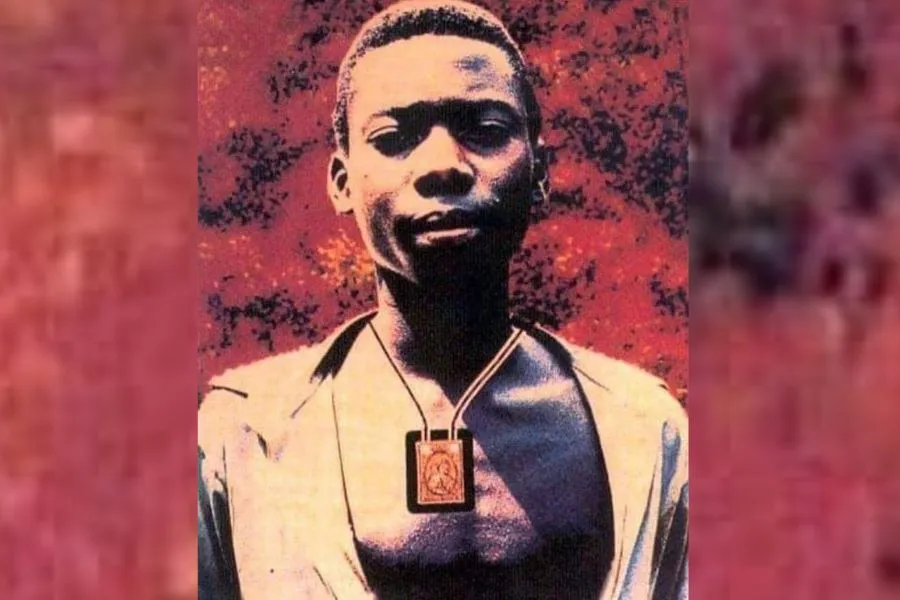Nairobi, 13 August, 2023 / 9:05 pm (ACI Africa).
Blessed Isidore Bakanja whose feast day is August 12 teaches a lot about sacrifice, a virtue that is key for pastoral caregivers, especially Catechists.
In the catalog of Saints and those on their journey to sainthood, Blessed Bakanja who was born in present-day Democratic Republic of Congo (DRC) is widely recognized as a self-made Catechist whose zeal to evangelize the people of his time led him to his death.
He is a good model for Catechists in Africa, especially those who work in harsh conditions. Blessed Bakanja’s story is also a source of inspiration to those who have chosen to stay with the people in places where Christians are persecuted.
Blessed Bakanja was born in northeast Zaire (then, Belgian Congo) between 1885 and 1890.
He was attracted to Christ when he was about 18 years of age, working for white colonizers as an assistant mason.








